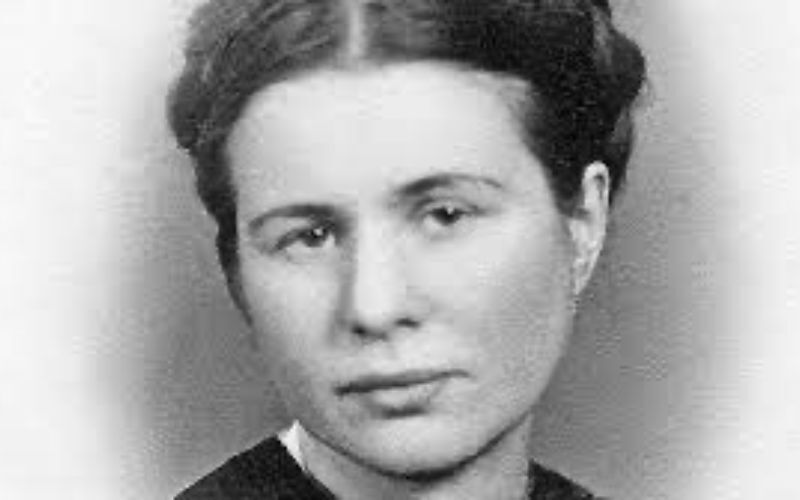Vivian Eustace

DURING his three and a half years as a prisoner of war in World War II, Vivian Eustace's Japanese captors ordered him on six different occasions to dig his own grave. Nevertheless, Viv went on to enjoy a long life in McCrae, Australia after surviving Changi prison camp in Singapore, and slave work on the infamous Thai-Burma railway and Japanese docks around south-east Asia. He was working in a mine in Nagasaki in Japan when the Americans dropped a bomb on the city.
Viv, 93, died peacefully on Christmas Day, 2010, after spending 68 years on "stolen time" which he put to very good use helping the community. The Richmond, Australia lad, from a family of 10 Depression-era children was 25 when, as a member of the Second Australian Imperial Force's 10th ordinance field workshop, he arrived in Singapore on January 12, 1942 as the Japanese moved almost unopposed down the Malay Peninsula. Viv and his comrades were in Singapore in an armoured vehicle loaded with British currency intended for shipment on rescue ships that never arrived. They gave the silver coins to the Singaporeans to melt down and make jewellery, then used the notes to light a fire to heat up their bully beef, reckoning it would be the last decent meal they would be having for some time.
Viv recalled in his memoir the day the Japanese commander of Changi assembled the prisoners and told them: "You are going to build a railway. Some of you will die." He was right about the second part. Viv saw it happen around him before he was marched off to other Japanese wartime sites in south-east Asia. Towards the end of the war, Viv was in Saigon in southern Vietnam waiting to be shipped to Japan to work in the mines. He was at the back of the queue and one of 10 left on the dock as there was not enough space. En route, Americans sank the ship and all aboard died. Eventually, he was taken to Japan and sent to a coal mine in Nagasaki. When the atomic bomb was dropped on the city, Viv again cheated death.
When he arrived home, his fiancee, Norma Watson, and her mother were on hand to greet him - his future mother-in-law suffered a stroke when she saw the pitiful physical shape Viv was in as he came down the gangplank.
The former tanner went back to school and came out as a qualified health inspector. He and Norma married and in 1959 moved to McCrae, where Viv took on the job of health inspector for the-then Shire of Flinders, retiring in 1982.
The couple had no children and Norma died in 1995.
In 2009 Viv was awarded meritorious membership for more than 55 years of work with the Ex-Prisoners of War and Relatives Association. In 1977 he was awarded the Queen's Jubilee Medal for community service; in 2001 he received the Centenary Medal for his contribution to society.
Source: Peninsula Weekly. Written by Mike Morris, January 12, 2011

